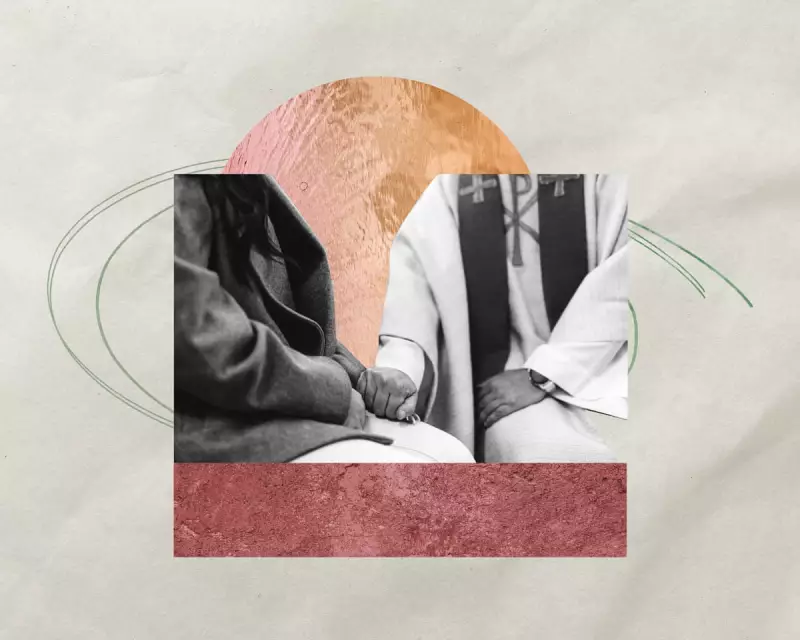
When trauma strikes, it can completely dismantle a person's understanding of the world, particularly their spiritual foundations. Author Jackie Bailey reflects on how her sister's childhood cancer diagnosis shattered her religious beliefs and set her on a decades-long journey toward self-forgiveness.
The Shattering Impact of Trauma
According to psychologist Bessel van der Kolk, traumatic events overwhelm a person's ability to process and integrate experiences into their existing worldview. Jackie Bailey describes this phenomenon as a 'hand grenade' exploding spirituality's primary functions: helping people find meaning and feel at home in the universe.
Theologian and psychologist Karen McClintock identifies three key questions trauma survivors typically confront: 'Why me?', 'Why evil?', and 'Why God?' These fundamental queries challenge the very foundations of religious belief and personal philosophy.
Finding Spiritual Safety After Trauma
For Bailey, her seven-year-old self couldn't reconcile the existence of a loving God with her sister's suffering from a brain tumour. This childhood attempt to find meaning in something fundamentally meaningless shaped her perspective for the next forty years.
Researchers Maxine Harris and Roger Fallot introduced the concept of 'trauma-informed care' in 2001, outlining five crucial principles: safety, trust, choice, collaboration and empowerment. Spiritual safety - the freedom to explore and question fundamental beliefs without fear - proved essential to Bailey's healing process.
As psychologist Judith Herman notes, trauma survivors face the challenge of becoming 'theologians, philosophers, and jurists' to rebuild the value systems that trauma destroyed.
A New Path to Forgiveness
Bailey's journey demonstrates that trauma doesn't always completely sever a person's spiritual connection. For some, like former University of Sydney vice-chancellor Michael Spence (quoted in Leigh Sales's book 'Any Ordinary Day'), profound loss can deepen rather than destroy faith.
After years of therapy and building her own loving family, Bailey found herself opening to new possibilities. While she doesn't believe in a deity or use the word 'god,' she now embraces mystery and the possibility that 'the universe may bend towards life.'
The most crucial breakthrough came in realizing that forgiving herself mattered more than forgiving a god she no longer believed in. This shift represents a profound form of healing that transcends traditional religious frameworks.
Jackie Bailey, author of 'The Eulogy' and winner of the 2023 NSW Premier's literary multicultural award, now works as a funeral celebrant and pastoral care practitioner, helping others navigate life's most challenging transitions.






